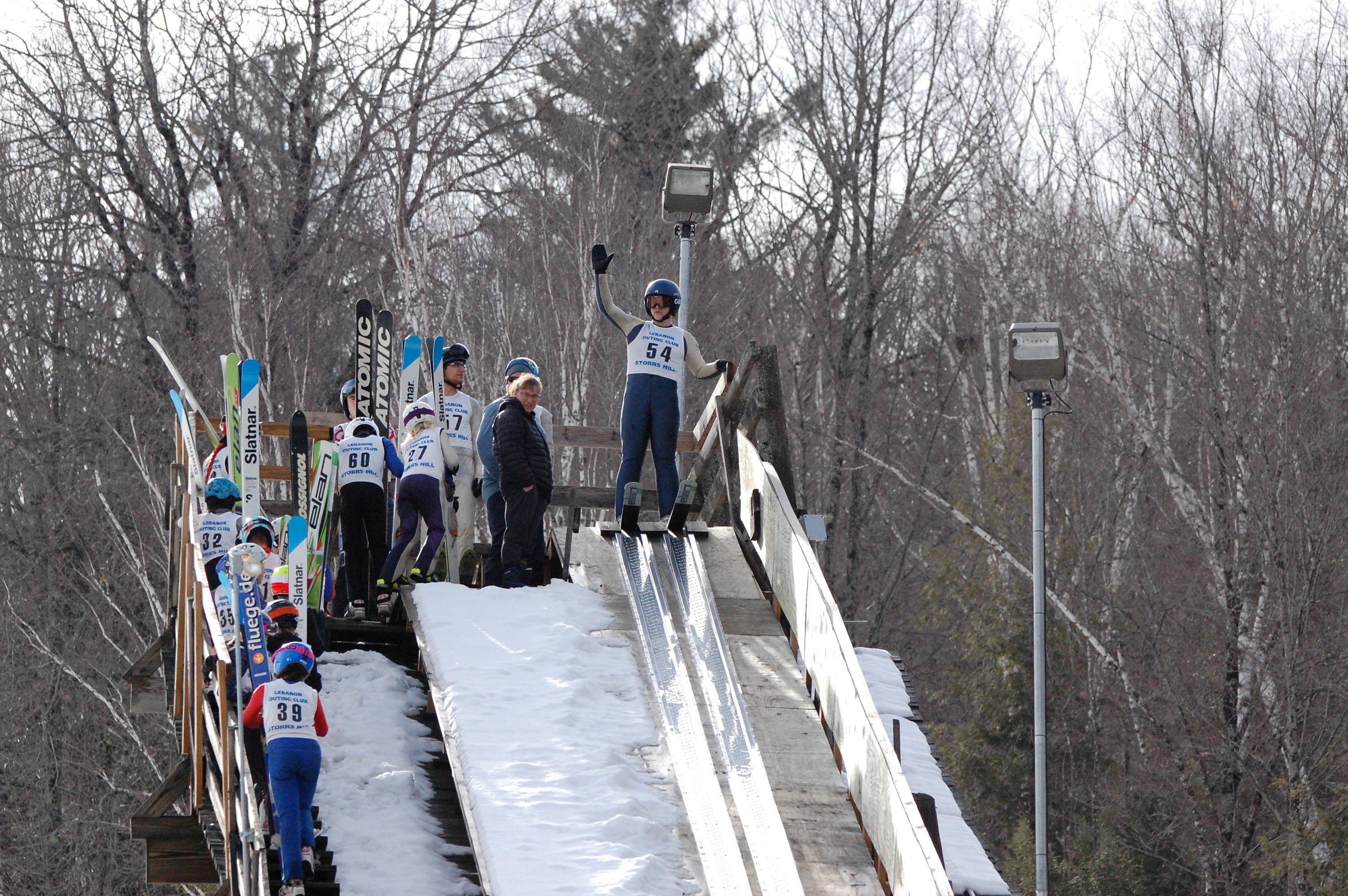Bonus Weekend falls in the middle of a Winter Term that operates at breakneck speed; every moment filled with some sort activity - an extra help, a practice, an open studio, a dorm meeting, a research paper. This four day respite affords us a chance to breathe, to slow down and recenter ourselves before we enter the final stretch of winter that is equal parts exhilarating and exhausting.
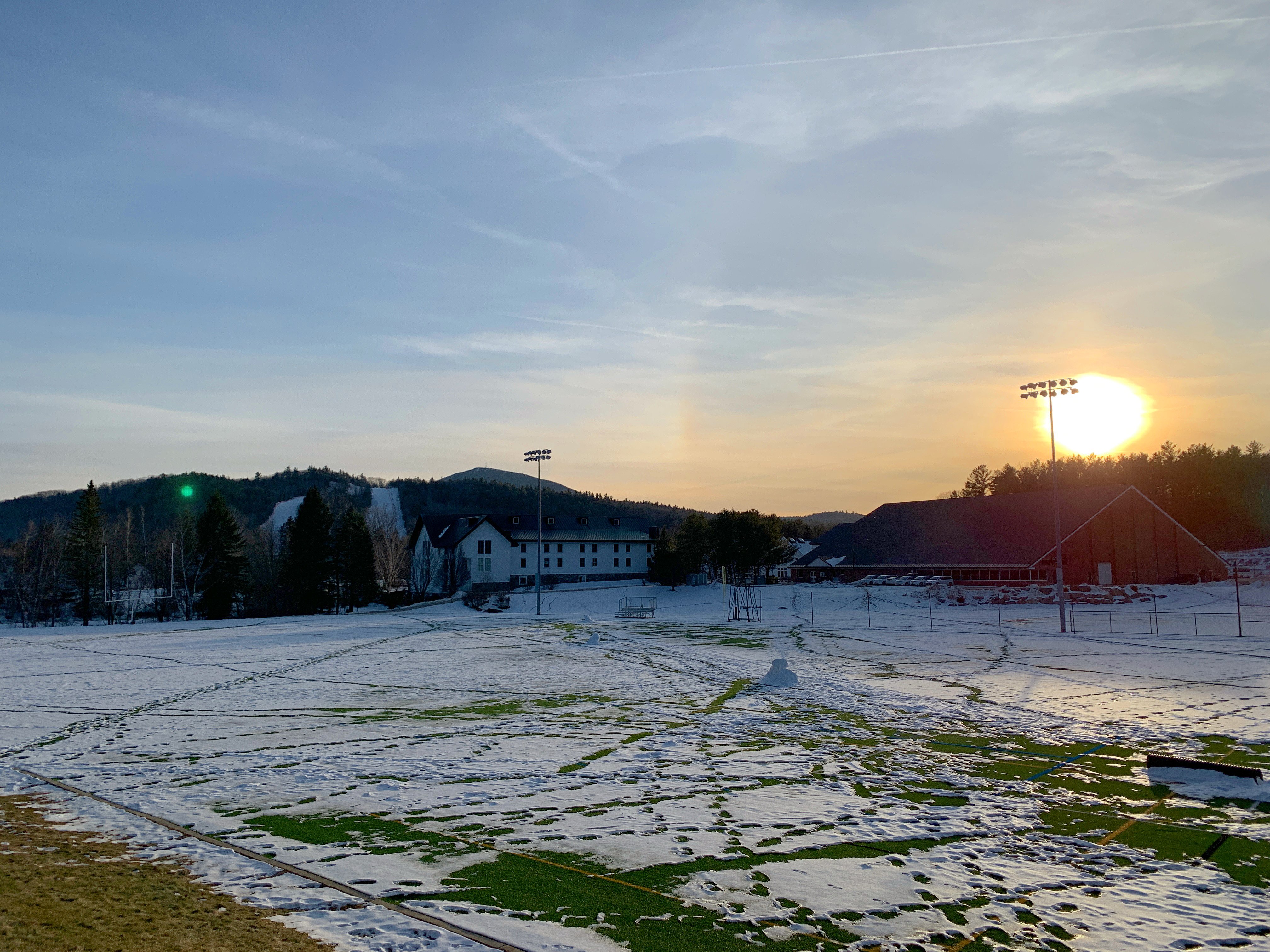
Last week we shared this blog on the role the arts can and should play in our mindfulness practices. The most recent episode of TED Radio Hour, Slowing Down, shared six different talks discussing the benefits of intentionally finding a slower pace to life, picking up on some of the same themes of the blog we published. We all see the value of slow. We vividly recall the experience of a rainy summer day as a ten year old with nothing to do, waiting at the window for the mailman to arrive in hopes of interrupting the endless boredom. And yet, for most of us, the notion of slowness in our adult life feels more like an ideal than a reality as we scramble through our to-do lists and rush from one activity to the next, clinging to the hope of a half hour of Netflix before bed as our version of unwinding. Our students reality is most likely closer to ours as adults than it is to their ten year old selves...and that is probably not a good thing.
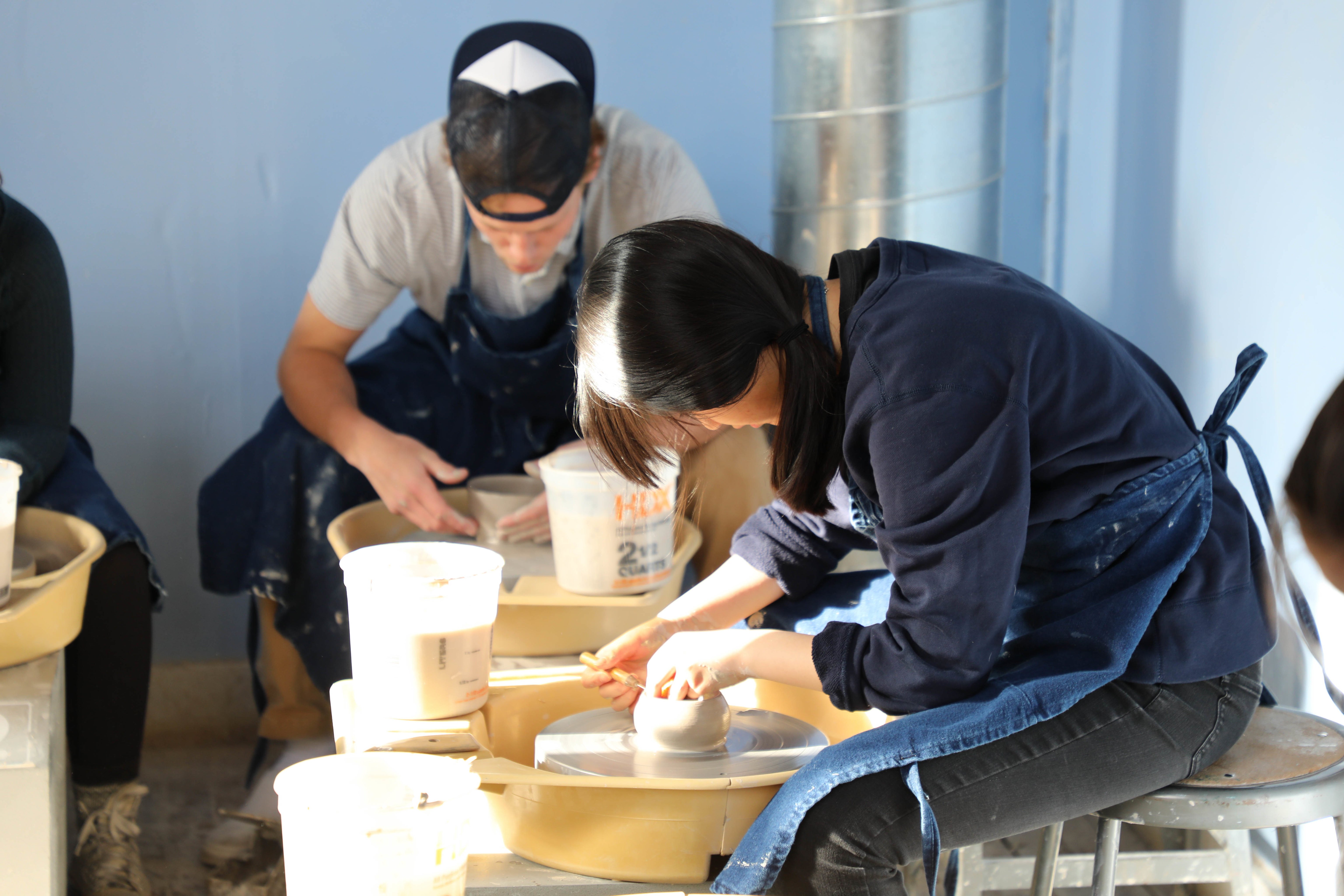
Too often we slow down only when the brakes are applied to our life through tragedy or illness. Only then do we pause to reevaluate the priorities that have crept into our lives, priorities that may or may not reflect who we want to be. These priorities are evident in how we allocate our time and resources. There is no avoiding this. Inventory your past week. Where did you spend money? Time? Who are you investing in? Who are you not? Every day, the average human makes 35,000 decisions (we wrote about this last spring - check out the blog post HERE). Our daily decisions set a direction for our lives and that direction is taking us to a destination. We need to slow down and make sure each decision we make is moving us closer to our center, not further away from it.
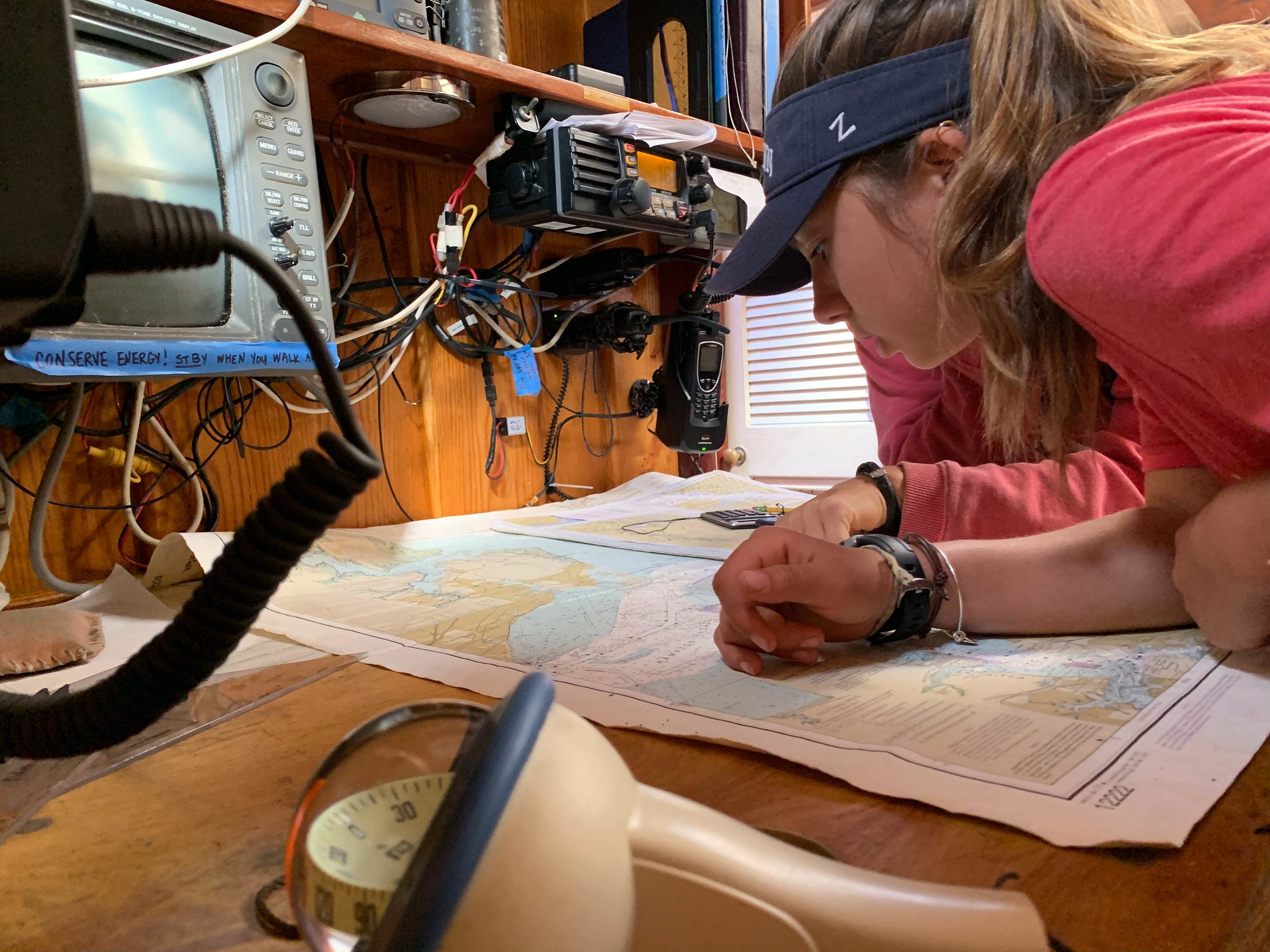
Ask any Proctor Ocean Classroom alumni and they will tell you the importance of accurate navigation. A fraction of a degree error in course may seem inconsequential in the moment, but when you magnify that small error over 100 miles without correction you have a problem. As we navigate the decision-making process in our own lives, we must be cautious to stay on course. If we allow ourselves to be adrift without consistent re-centering, we will gradually become someone we were never intended to be.
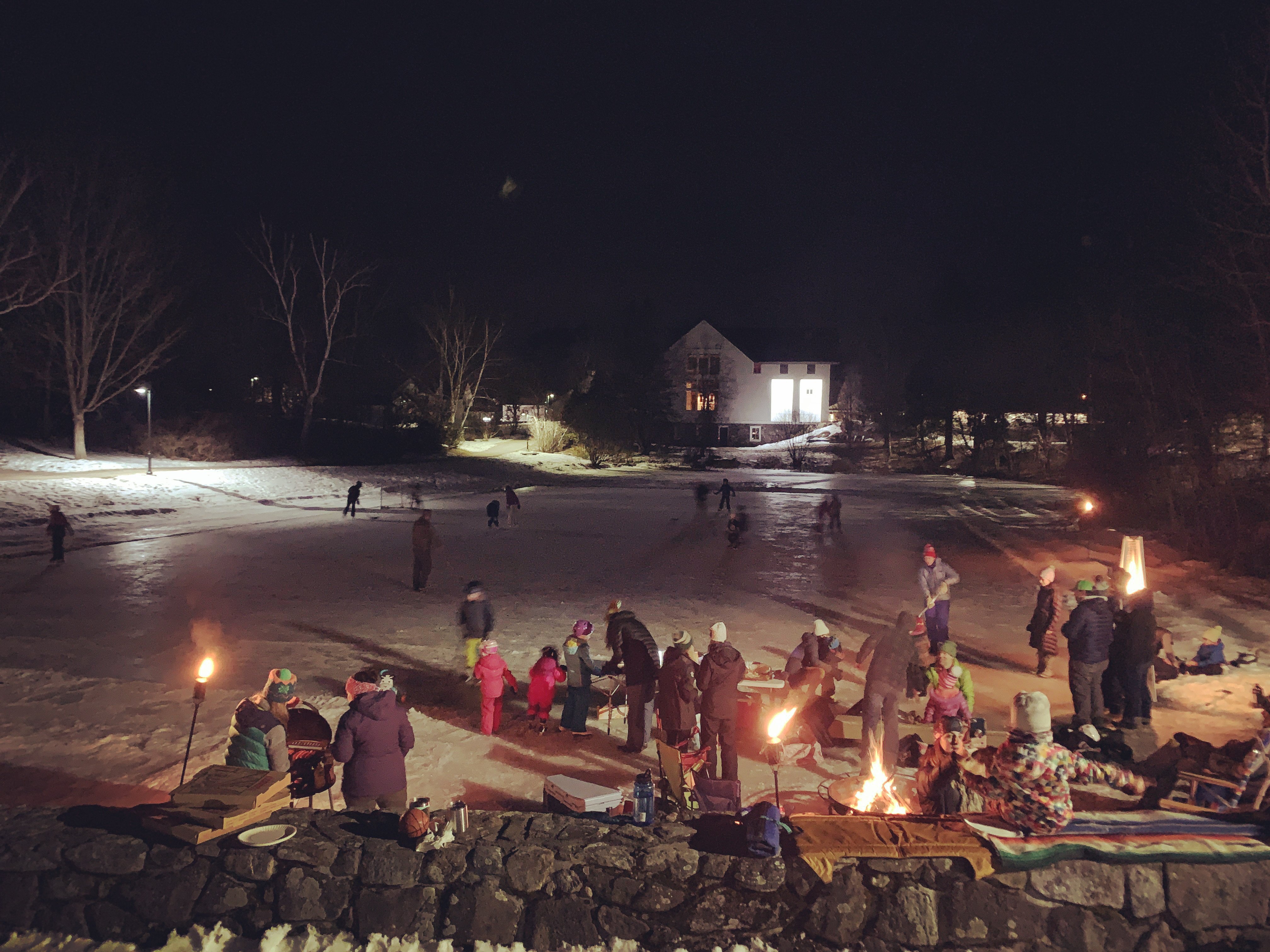
When we slow down, we allow ourselves the opportunity to recenter: institutionally, as a community, as peer groups, as teams, and as individuals. So who in your life is encouraging you to slow down. We cannot do it alone. We are too easily swept up in the current and fall prey to the momentum of the masses. But when we have others in our lives to hold us accountable, we have the support we need to swim upstream. Maybe it is Amy Makechnie’s Anatomy and Physiology class turning their phones in for 24 hours to experience a feeling of freedom, of being untethered, that most of us cannot remember. Maybe it is our Wilderness Orientation leaders. Or Mountain Classroom instructors. Or our advisors. Or colleagues who organize a community pond skating party over Bonus Weekend. Whatever it is that we can do to slow down, and whomever we can surround ourselves with to encourage us to go just a bit slower, we must embrace the slow that can exist in our lives otherwise filled with fast.
